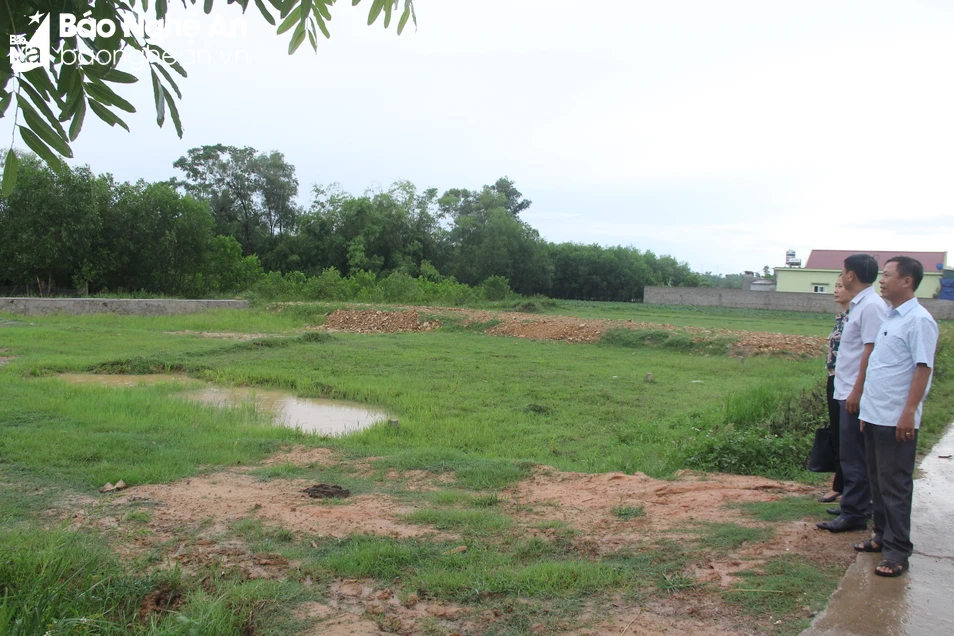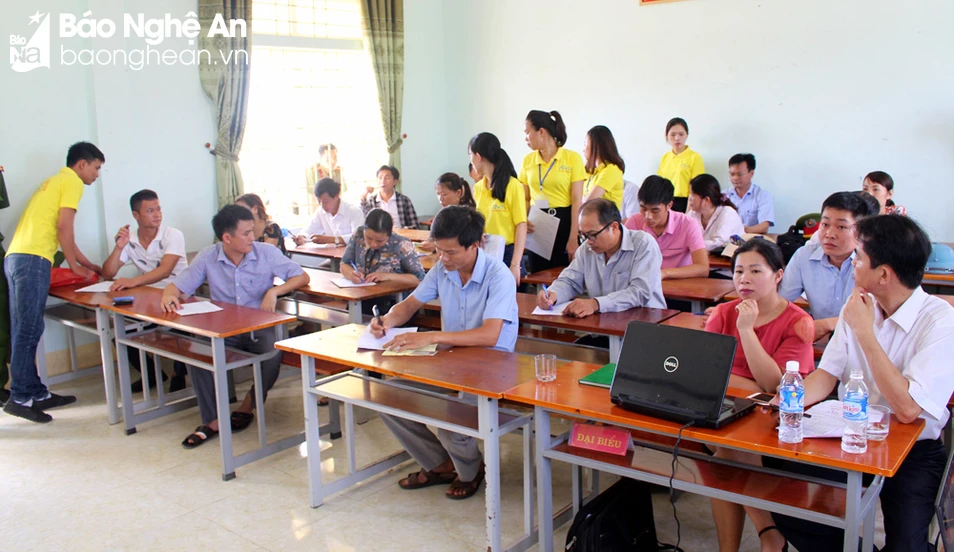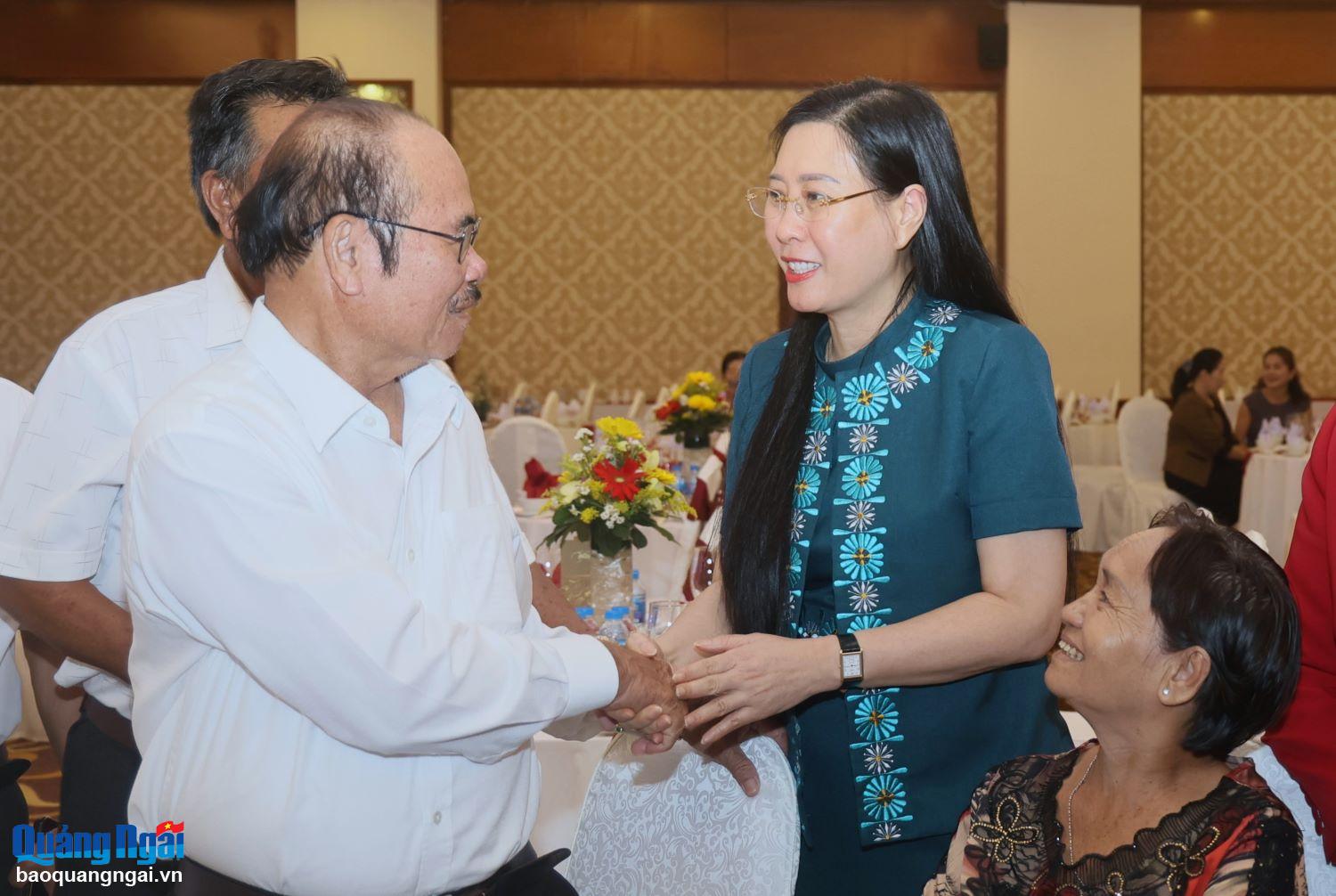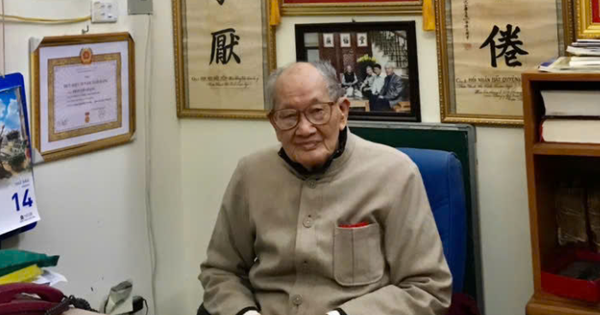The 2024 Land Law was passed by the 15th National Assembly at the 5th Extraordinary Session, consisting of 16 Chapters and 260 Articles, amending and supplementing 180/212 Articles of the 2013 Land Law and adding 78 new Articles.
This Law stipulates the land ownership regime, the powers and responsibilities of the State representing the entire people's ownership of land and uniformly managing land, the land management and use regime, the rights and obligations of citizens and land users regarding land within the territory of the Socialist Republic of Vietnam.
The Tax Department implements some outstanding contents stipulated in the 2024 Land Law as follows:

1. About land users
According to Article 5 of the 2013 Land Law, land users include households.
“2. Domestic households and individuals (hereinafter referred to as households and individuals)”;
Clause 25, Article 3, Land Law 2024 Interpretation of terms: “ 25. Land-using households are those who have marital, blood, or foster relationships according to the provisions of the law on marriage and family, are living together and have the right to use common land at the time the State allocates land, leases land, recognizes land use rights, or receives transfer of land use rights before the effective date of this Law”.
Clause 3, Article 4, Land Law 2024 stipulates on land users, including households:
“3. Domestic individuals and Vietnamese people residing abroad are Vietnamese citizens (hereinafter referred to as individuals)”.
2. On exemption and reduction of land use fees and land rent
In Clause 3, Article 157, Land Law 2024 on exemption and reduction of land use fees and land rent stipulates:
“3. In cases of exemption from land use fees and land rent, it is not necessary to carry out procedures for determining land prices and calculating exempted land use fees and land rent. Land users exempted from land use fees and land rent do not have to carry out procedures to request exemption from land use fees and land rent.”
Based on this regulation, land users are exempted from land use fees and land rents and do not have to carry out procedures to request exemption from land use fees and land rents.
3. Regarding receiving transfer and donation of land use rights for rice cultivation
According to Clause 3, Article 191, Land Law 2013 stipulates:
“3. Households and individuals not directly involved in agricultural production are not allowed to receive transfers or gifts of land use rights for rice cultivation.”
Clause 7, Article 45, Section 5, Chapter III of the 2024 Land Law on conditions for exercising land users' rights stipulates:
“Individuals who are not directly involved in agricultural production and receive a transfer or donation of the right to use rice-growing land exceeding the limit prescribed in Article 176 of this Law must establish an economic organization and have a plan to use rice-growing land including the contents prescribed in Clause 6 of this Article and be approved by the People's Committee at the district level, except in cases where the recipient of the donation is an heir.”
4. About land prices
Land prices are regulated separately in Section II, Chapter XI, Land Law 2024 including 5 articles (specific regulations from Article 158 to Article 162) including some contents that need to be noted.
4.1. Regarding land valuation methods:
- Land Law 2013: does not stipulate land valuation methods.
Land valuation methods are stipulated in Article 4, Decree 44/2014/ND-CP including: Direct comparison method, deduction method, income method, surplus method, land price adjustment coefficient method.
Clause 5, Article 158, Land Law 2024 stipulates 05 methods of land valuation, including:
+ Comparison method.
+ Income method.
+ Surplus method.
+ Land price adjustment coefficient method
+ The Government shall prescribe land valuation methods other than the above four methods after receiving approval from the National Assembly Standing Committee.
4.2. About Land Price List:
According to Clause 1, Article 114, Land Law 2013, the Land Price List is periodically developed every 5 years and publicly announced on January 1 of the first year of the period.
Pursuant to Clause 3, Article 159 of the 2024 Land Law, the Provincial People's Committee shall develop and submit to the People's Council of the same level for decision on the first land price list for promulgation and application from January 1, 2026. Every year, the Provincial People's Committee shall be responsible for submitting to the Provincial People's Council for decision on adjustments, amendments, and supplements to the land price list for promulgation and application from January 1 of the following year.
In case it is necessary to adjust, amend or supplement the land price list during the year, the Provincial People's Committee is responsible for submitting it to the Provincial People's Council for decision.
4.3. Regarding land price framework:
- Clause 2, Article 18, Land Law 2013 stipulates:
“2. The State promulgates land price frameworks, land price tables and decides on specific land prices”.
Land Law 2024: no regulations on land price framework.

5. Expanding the limit for receiving transfer of agricultural land use rights of individuals
According to Clause 1, Article 130, Land Law 2013, “1. Limits on receiving transfer of agricultural land use rights of households and individuals; limits on allocation of agricultural land of households and individuals for each type of land specified in Clauses 1, 2 and 3, Article 129 of this Law”.
Clause 1, Article 177 of the 2024 Land Law stipulates the limit on receiving transfer of agricultural land use rights of individuals.
The limit for receiving the transfer of agricultural land use rights of an individual shall not exceed 15 times the limit for agricultural land allocation of an individual for each type of land specified in Clauses 1, 2 and 3, Article 176 of this Law.
6. Article 247, Land Law 2024 amends and supplements Clause 1, Article 14 of Personal Income Tax Law No. 04/2007/QH12, which has been amended and supplemented by a number of articles under Law No. 26/2012/QH13 and Law No. 71/2014/QH13.
- Clause 1, Article 14 of the Personal Income Tax Law No. 04/2007/QH12 has been amended and supplemented by a number of articles under Law No. 26/2012/QH13 and Law No. 71/2014/QH13, stipulating:
Taxable income from real estate transfer is determined as the transfer price each time.
- Article 247 of the 2024 Land Law amends Clause 1, Article 14 of the Law on Personal Income Tax as follows:
1. Taxable income from real estate transfer is determined as the transfer price each time; in case of land use right transfer, taxable income is calculated according to the land price in the land price list".
7. Regarding land prices when calculating non-agricultural land use tax, amend and supplement Clause 3, Article 6 of the Law on Non-agricultural Land Use Tax No. 48/2010/QH12 as follows:
- According to Clause 3, Article 6, Law on Non-agricultural Land Use Tax 2013
“1. The price of 1 square meter of land is the land price according to the purpose of use as prescribed by the People's Committee of the province or centrally-run city and is stabilized for a 5-year cycle, from the effective date of this Law”.
- In Article 249, the 2024 Land Law amends Clause 3, Article 6, the 2010 Law on Non-agricultural Land Use Tax on the price of 01 m2 when calculating non-agricultural land use tax as follows:
“3. The price of 01 m2 of land is the land price according to the land price list corresponding to the purpose of use and is stabilized according to a 05-year cycle”.
8. Supplement Chapter VIII on land fund development, management and exploitation
The 2024 Land Law has supplemented regulations on land development, management and exploitation from Article 112 to Article 115 of the 2024 Land Law.
9. Supplementing regulations on citizens' rights and obligations regarding land.
In addition to the rights and obligations of land users, the 2024 Land Law also supplements regulations on the rights and obligations of citizens regarding land in Articles 23 and 25 of the 2024 Land Law.
10. Supplementing the authority to resolve land disputes of Commercial Arbitration
According to Clause 5, Article 236 of the 2024 Land Law, disputes between parties arising from commercial activities related to land shall be resolved by the Court in accordance with the provisions of the law on civil procedure or by the Vietnam Commercial Arbitration in accordance with the provisions of the law on commercial arbitration.
11. On enforcement
Article 252 of the 2024 Land Law stipulates the effective date as follows:
“1. This Law comes into force from January 1, 2025, except for the cases specified in Clauses 2 and 3 of this Article.
2. Articles 190 and 248 of this Law come into force from April 1, 2024.
3. The preparation and approval of land use planning shall continue to be implemented in accordance with the provisions of Resolution No. 61/2022/QH15 dated June 16, 2022 of the National Assembly on continuing to strengthen the effectiveness and efficiency of implementing policies and laws on planning and a number of solutions to remove difficulties and obstacles, speed up the preparation progress and improve the quality of planning for the period 2021 - 2030.
Clause 9, Article 60 of this Law takes effect from the date Resolution No. 61/2022/QH15 expires.
4. Land Law No. 45/2013/QH13, amended and supplemented by a number of articles under Law No. 35/2018/QH14 (hereinafter referred to as Land Law No. 45/2013/QH13), ceases to be effective from the date this Law comes into effect.
Above are some of the new highlights of the 2024 Land Law, the Tax Department informs the Tax Departments and Branches to know. The Tax Department requests the Tax Departments and Branches to carefully study the contents of the 2024 Land Law to propagate and disseminate to tax officials and taxpayers to know and implement. In the process of studying and applying the document, if there are any problems, the Tax Departments and Branches shall send their opinions to the Tax Department.
Source



































Comment (0)